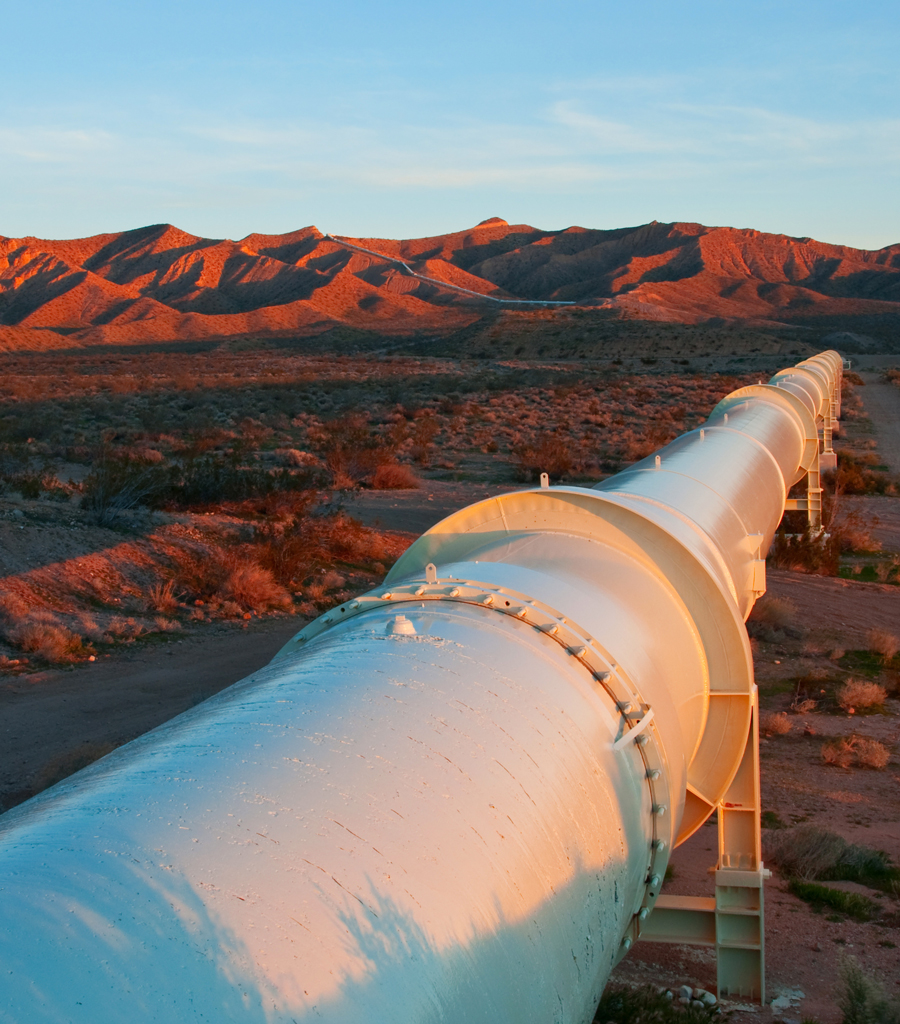Escalating energy prices are the biggest cause of more households going into fuel poverty. The average domestic dual fuel bill is at a record high of £1,365 per annum. This creates severe additional hardship for some six million fuel-poor households in the UK, according to Consumer Focus, a consumer organisation. The problem is even more acute if living off the mains gas grid and using oil or liquefied petroleum gas (LPG), where average fuel bills are c. £2,100 per annum. The UK government’s Electricity Market Reform (EMR) holds no beneficial impact on bills between now and 2016 and will add costs from 2016 onwards.
For every 1% increase in energy prices, another 40-50,000 fuel-poor households are added. Almost 50% are pensioners with many at risk from the additional and potentially fatal consequences of the cold. The Marmot Review Team report evidenced how cold homes and fuel poverty contribute to excess winter deaths, respiratory health and mental health problems as well as an increased likelihood of poor educational attainment among children.
The government’s energy bill announcement allowing households and small business consumers to be charged an extra £7.6bn until 2020 to fund low-carbon energy must sound the alarm. Time is rapidly running out to make the homes of the fuel poor fuel-poverty proof through insulation measures, adequate income and efficient heating systems. The problem is very serious and the government must set out precisely how it intends to meet its legally binding target to eradicate fuel poverty by 2016.
Those with the lowest income are the least able to absorb price rises. The mean annual income of fuel-poor households in the UK is £11,000 compared to an average income of £32,000 for non-fuel poor households. Those on the lowest incomes typically pay more for their energy, with households with an average income of £6,500 paying £1,954 for their energy, compared to those earning around £42,000 paying £1,244 per annum. It is clear that a major step change in the energy efficiency of our housing stock is the only viable and long-term solution if we are to have any hope of reducing the financial, physical and psychological health impacts of the ever-increasing cost of energy bills. Such a change will cost more money than any government has been able to commit thus far.
Over the next 15 years c. £63bn will be added to consumer energy bills through the Carbon Price Floor and EU Emissions Trading System (ETS). I robustly challenge any assumption that the government cannot afford to aggressively tackle fuel poverty- it is about determined political will. Carbon tax revenue should be used to insulate the homes of the fuel poor. There would be multiple benefits from having warmer homes including improved health, greater energy efficiency, carbon reduction and economic growth. Meanwhile, the French, Estonian and Australian governments are recycling some of their carbon revenues back to consumers through insulation measures, as well as welfare benefit improvements in Australia.
Derek will be speaking at the UK Energy Summit on June 27th 2013.




